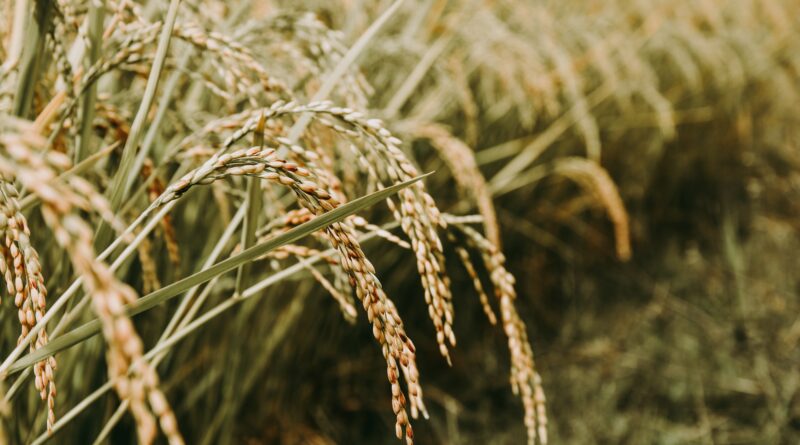Minoru hodo Kōbe wo Tareru Inaho kana (実るほど頭を垂れる稲穂かな – The Boughs That Bear most Hang Lowest)
Minoru hodo Kōbe wo Tareru Inaho kana
実るほど頭を垂れる稲穂かな
The more one grows in learning and skill, the more one becomes humble.
学問や技能が深まるにつれ、謙虚な姿勢も身に付いていくものです。
The Japanese proverb, minoru hodo kōbe wo tareru inaho kana (実るほど頭を垂れる稲穂かな), express this thought.
「実るほど頭を垂れる稲穂かな」ということわざは、このことを表しています。
Since minoru (実る) means “to grow,” hodo (ほど) means “the more,” kōbe (頭) means “head,” tareru (垂れる) means “to lower,” and inaho (稲穂) means “ear of rice,” the literal meaning of this proverb is “the more ears of rice grow, the more their heads lower.”
「実る」は “to grow”、「ほど」は “the more”、「頭」は “head”、「垂れる」は “to lower”、「稲穂」は “ear of rice” を意味するので、このことわざの文字どおりの意味は “” となります。
In other words, this proverb links a person becoming more humble as they grow to the ear of rice bowing lower with the weight as they grow.
成長するほど礼儀正しくなる人を、実るほどにその重みで頭が下がる稲の穂に喩えているというわけです。




